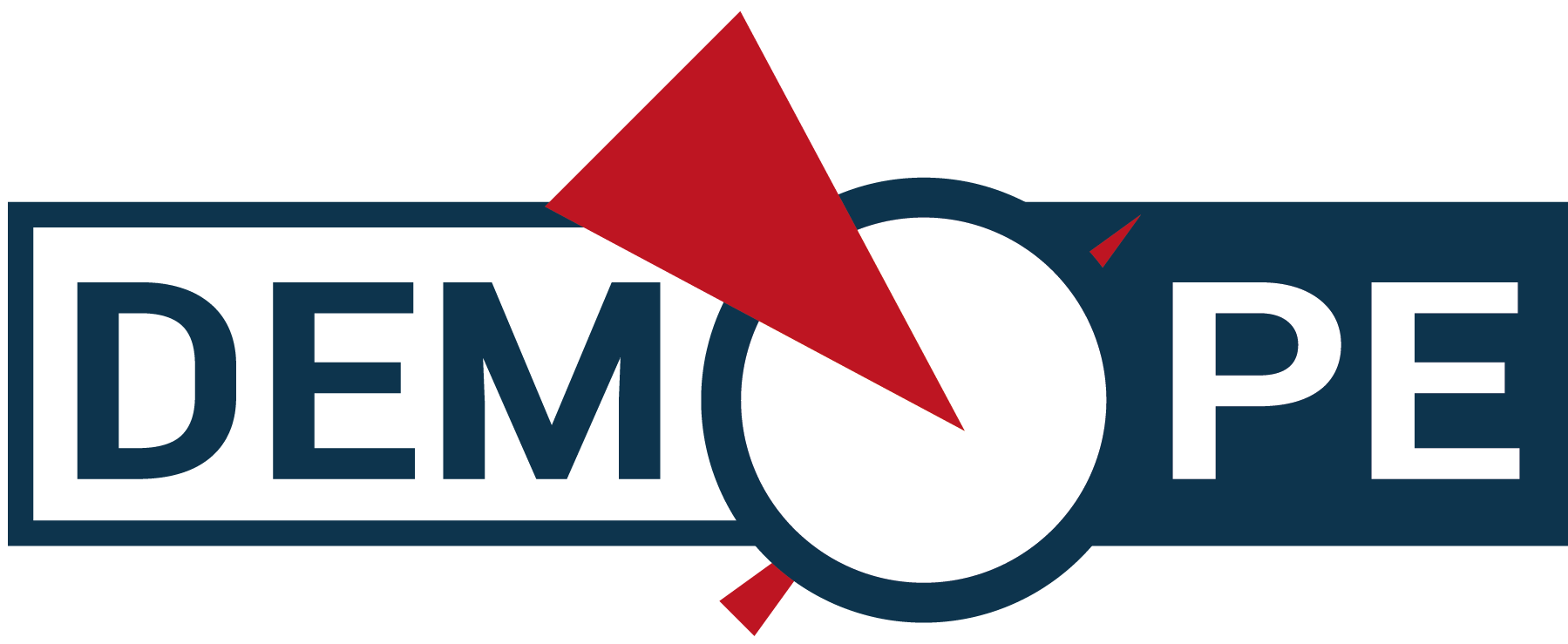“Crises and deadlocks when they occur have at least this advantage, that they force us to think.”
Jawaharlal Nehru
Crises and emergencies can potentially generate massive human, societal and political consequences, affecting the life of citizens and the functioning of democratic institutions. When crises erupt, political actors face pressures from multiple sides and they struggle to balance responsiveness and responsibility. On the one hand, crises may generate windows of opportunity for policy and institutional change. On the other hand, they impose constraints and create incentives for political actors to both manage and exploit the emergency. Therefore, crises represent a threat and an opportunity that can be exploited by them to achieve personal, institutional and political advantages.
“When written in Chinese, the word ‘crisis’ is composed of two characters. One represents danger and the other represents opportunity.”
John F. Kennedy
DEMOPE (DEMOcracy under PressurE) aims to systematically assess the impact of crises on democracy and democratic institutions, investigating how crises affect everyday politics (both from a strategic and a
communication perspective), the decision-making processes and their outputs. In view of that, DEMOPE will investigate whether crises lead to change and, if so, how do they change politics, trying to disentangle short term and long term effects and to evaluate whether crises produce stable changes or, conversely, politics returns to its routine equilibrium in the long run.
“Only a crisis—actual or perceived—produces real change. When that crisis occurs, the actions that are taken depend on the ideas that are lying around.”
Milton Friedman
Adopting a multi-disciplinary, multi-method and multi-actor perspective, four substantive Work Packages (one per each group of actors) will evaluate the impact of crises on: Government, Bureaucracy, Experts (WP1); Parliaments, Parties, Leaders (WP2); Multilevel Networks, such as international organizations, the European Union (EU) and national/local governments (WP3); Media and Society, including social movements, interest groups and citizens (WP4).
Given that different typologies of emergency (defined by the level of threat, uncertainty, and urgency associated with each event) can wield different effects on the political system, DEMOPE will compare the main crises that Italy and EU countries faced over the last two decades, spanning from the economic and financial crisis, to the migrant crisis, the climate change issue, the COVID-19 pandemic and wars.
“Faced with crisis, the man of character falls back on himself. He imposes his own stamp of action, takes responsibility for it, makes it his own.”
Charles de Gaulle
Bearing in mind that modern crises are not spatially confined by national borders, DEMOPE will pay attention to the Italian case putting it in a comparative perspective and analyzing the effects of crises also in other selected European countries. By integrating research on crisis management with strategic aspects (in terms of polarization and crisis exploitation by self-interested political actors), DEMOPE provides a comprehensive framework to account for the politics of crisis in different institutional settings
“There cannot be a crisis next week. My schedule is already full.”
Henry A. Kissinger
